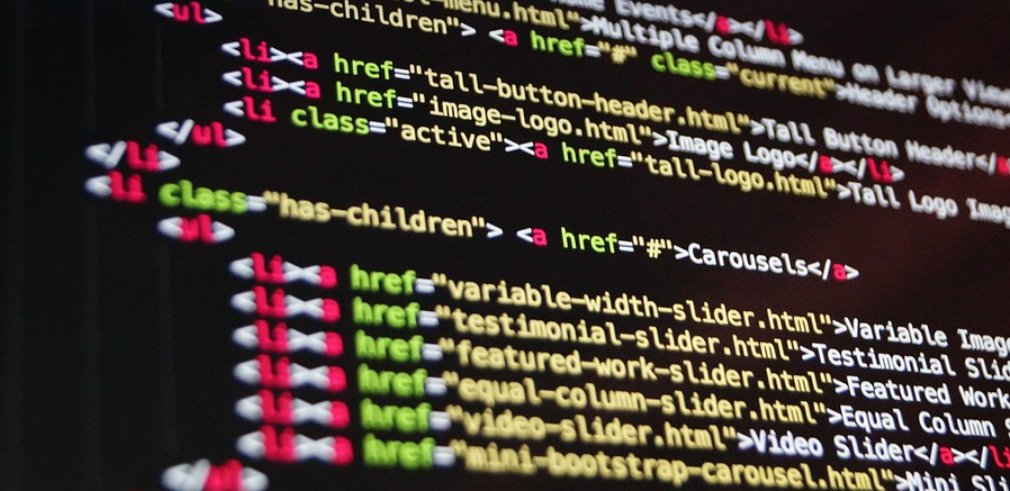The Lowdown on Recycling Fines
You know that sinking feeling when you accidentally toss a plastic water bottle or crumpled paper towel into your recycling bin instead of the trash? It’s easy to make mistakes, and it’s even easier to worry about getting fined for them. But the good news is that most recycling programs understand that we’re all learning and trying to do our best!
The rules around recycling can seem a little complicated at times, with different bins designated for various materials. Sometimes these labels aren’t clear, especially when you’re in a rush. So, how about we take a deep dive into the world of “Can I get fined for putting trash in the recycling bin?”
First off, let’s talk about why some countries and regions implement fines or penalties for mishaps like this. It boils down to minimizing waste. Recycling helps us reduce landfill space and conserve natural resources – a huge win for our planet. When people throw the wrong items in their recycling bins, it creates extra work for everyone involved: sorting through those mixed-up materials, cleaning up the mess, and ultimately impacting the overall effectiveness of recycling.
Imagine a recycling facility overflowing with your used pizza boxes, soda cans, or even food scraps. It’s not a pretty sight! When you add these items to recycling, it can significantly disrupt the entire process. This is why many cities and towns have implemented fines: they want to ensure that everyone understands the importance of properly separating waste.
But fear not! There are some things you should keep in mind. First off, most local government regulations do have a specific set of rules for what can be recycled and what is considered trash. Often, these guidelines will provide a clear list of acceptable materials, like paper, plastic bottles with the recycling symbol, or glass containers. Make sure to read those guidelines carefully before throwing anything into your bin.
Second, if you’re ever unsure about whether an item can be recycled in your specific area, don’t hesitate to check online! Many cities have dedicated websites or apps that provide detailed information on their recycling programs. Or call the local waste management company for a quick answer.
Fines Around The World: A Look at Common Practices
So, you’ve thrown your newspaper in the bin and are wondering, “Is this going to get me fined?,” let’s explore some common practices.
The United States offers a mixed bag when it comes to fines for incorrectly placing items in recycling bins. Some states have strict regulations against mixing recyclables with trash, leading to hefty fines. Other states, however, are more lenient, often issuing warnings or educational pamphlets instead of immediate penalties. This variation makes things a bit complex at times.
In the United Kingdom, a “pay-to-play” system for recycling exists in many areas. It’s not just about fines; it’s about contributing to waste management costs. If you want your materials recycled, you need to pay! This approach is all about encouraging responsible disposal habits and reducing overall environmental impact.
Australia also employs a system with varying levels of enforcement. They often use their “Waste Education” programs to educate residents on proper recycling practices. These programs aim to make people more aware of what can be recycled, how to sort it correctly, and the importance of making responsible choices.
The Bigger Picture: It’s All About Sustainability
While fines may seem like a deterrent for mishandling recyclables, they also play a crucial role in fostering a sustainable future. They serve as a reminder that every piece of trash has consequences, and we need to be mindful of our actions. This awareness pushes us toward recycling habits that benefit both our community and the environment.
Ultimately, fines are just part of a broader effort to build a responsible approach towards waste management. They provide an incentive for individuals to learn about proper sorting procedures, understand why they matter, and contribute to a cleaner, more sustainable future for all.
Remember, recycling is not just about throwing things into the blue bin; it’s about making informed decisions that impact our lives and our planet. We can do better than relying on fines alone; let’s create a culture of responsibility through education and practical steps. With the right knowledge and awareness, we can all contribute to a greener future.
